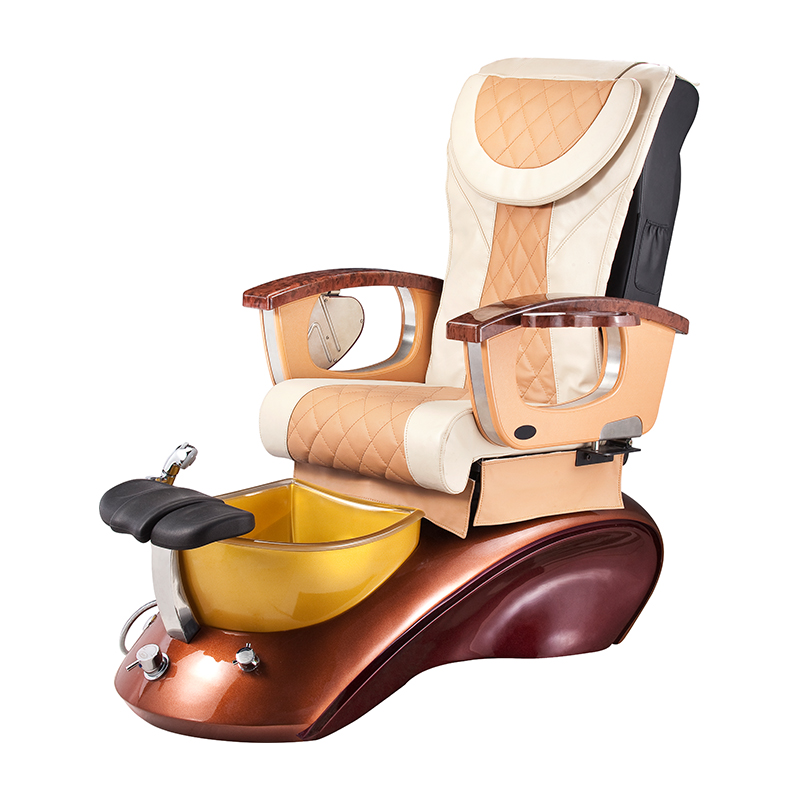One: Brand Fraud
When discussing the specific challenges within the wooden door industry, the first issue that comes to light is the widespread and recurring problem of brand fraud. Although terms like "China Famous Brand" and "National Inspection-Free Products" have been removed from the market due to repeated quality issues in the food industry, many merchants still use these labels as marketing gimmicks. Some brands falsely claim to be among the "Top 500 Chinese Brands" or "Top Ten Wooden Door Brands." In reality, some of these are just small companies forming alliances to create a false image, while others pay for the rights to use such titles. Industry insiders express frustration, stating, "There's too much fake information. A small wooden door factory with a production capacity of less than 50 million yuan claims to be a top 500 brand. How many wooden door brands are there in China? It's impossible for them all to be top 500. These are just exaggerated promotions. If consumers don’t realize this, they’ll end up being deceived." According to insiders, the root cause lies in many CEOs not understanding the true value of a brand. They fail to recognize that a brand represents product quality, service, and company integrity, leading to fraudulent practices.

Two: Fake Endorsements
Many home furnishing companies rely on celebrity endorsements to boost their image. However, the wooden door industry has taken this to an extreme, with too many spokespersons causing confusion. Some companies struggle to find unique endorsers because popular names are already taken. Industry insiders estimate that over 100 different celebrities are used as spokespeople for various wooden door brands. But many of these individuals are unaware they’re endorsing a particular brand. Some even receive payment from brokers to use their images without knowing the actual brand. Consumers often believe these endorsements are genuine, leading them to purchase products based on trust in the celebrity. When problems arise, complaints follow. To address this, the government has introduced policies holding endorsers accountable for false advertising. This move aims to reduce and eventually eliminate such deceptive practices.
Three: False Advertising of "Lifetime Warranty"
To gain consumer trust, some wooden door companies promote "lifetime warranty" or "ten-year guarantee." However, industry insiders warn that these claims are misleading. The national standard for reinforced wooden doors is only one year, yet some companies offer longer guarantees. This can lead to future problems, as many of these brands may disappear after a few years, only to rebrand and continue. Moreover, "lifetime quality" often comes with conditions. For example, if the issue is due to improper installation or maintenance, the warranty may not apply. Consumers might end up paying for repairs despite the promise of lifetime support. As a result, these claims are essentially false advertising, and consumers should remain cautious to avoid being misled.
Four: Confusing Terminology and Misleading Concepts
Some consumer complaints stem from confusing brand names and misleading product descriptions. Insiders note that this issue has persisted for years, though it has improved somewhat recently. Many solid wood doors are marketed with exotic-sounding names like "rich wood," "ivory wood," or "gold wood," which may not reflect the actual material. Salespeople often exaggerate the value of these woods, leading to disputes after purchase. For instance, a common species like Ganba Bean is rebranded as "Jin Buo," making it seem more valuable than it is. Similarly, birch is sometimes sold as cherry or maple, and Southeast Asian wood is misrepresented as imported rosewood or teak. These tactics confuse consumers and lead to dissatisfaction.
Five: Falsifying Foreign Brands
Many domestic consumers prefer foreign brands, and the market is flooded with products claiming to be imported. However, the reality is that many of these are actually made domestically. Some companies falsely label their products as coming from South America or Brazil, while others register their brands abroad before importing them back into China. This practice is more common in big cities like Beijing and Shanghai, but it’s particularly severe in smaller towns. Industry experts advise consumers to do thorough research and not be swayed by brand names alone. Understanding the true origin and reputation of a brand is essential to avoiding deception.
Six: Exaggerating Formaldehyde Content
Formaldehyde levels are a major concern for homeowners during renovation. While the industry has made efforts toward low-carbon and eco-friendly solutions, some companies now exaggerate formaldehyde claims. Solid wood doors are naturally more environmentally friendly, and the national standard for reinforced wooden doors is E1. However, some brands now claim to meet E0, super E0, F4, or even Japanese standards, with some going as far as claiming "zero formaldehyde." These claims are misleading, as formaldehyde is always present in some amount. While it can be controlled to meet E1 standards, claiming zero is inaccurate. This excessive focus on formaldehyde levels is a distorted form of competition designed to confuse consumers.
Seven: Rebranding Old Products as New Trends
With fierce competition and limited public awareness, the wooden door industry constantly seeks new marketing strategies. While innovation is positive, some companies resort to deceptive tactics. For example, "solid wood composite doors," which were originally popular overseas, are now rebranded as "solid wood doors" to appeal to local preferences. Some even add stickers or fancy names like "laser doors" to give the illusion of higher quality. However, these changes often involve minimal improvements. Similarly, terms like "ecological doors" or "mold-resistant doors" are used without real benefits. These tricks mislead consumers and create a false sense of innovation, ultimately harming the industry’s credibility.
This article comes from China Wooden Door Network, China's well-known wooden door industry portal website! (http://) Detailed reference: link
Pedicure chairs designed & manufactured by Tom Spa. We create and manufacture world-class pedicure seating and equipment that is unsurpassed and offer standard and custom units to fit your unique space, style and budget. Beautifully made in the China.

Pedicure Spa,Kids Pedicure,Luxury Pedicure,Portable Pedicure Spa With Jets
TOM SPA BEAUTY SALON EQUIPMENT CO.,LTD , https://www.tomspabeauty.com